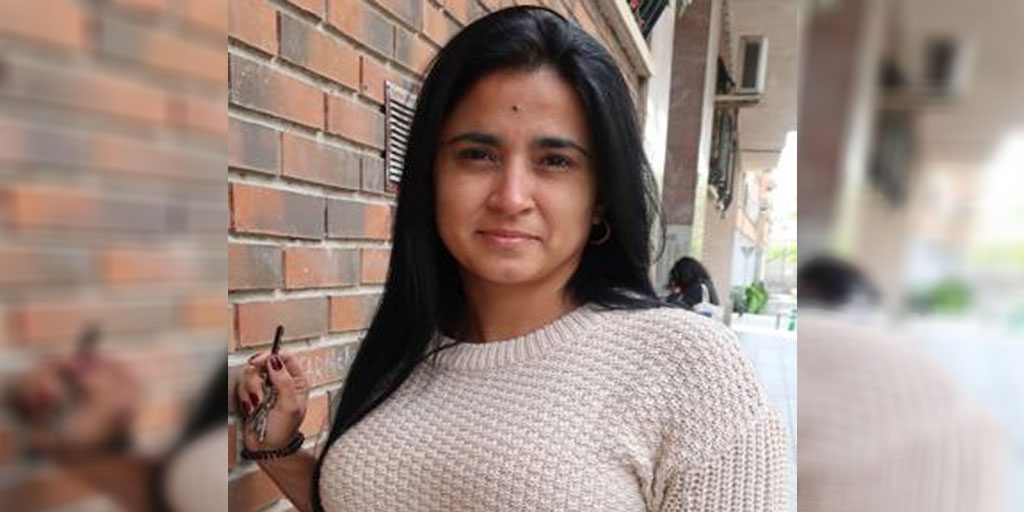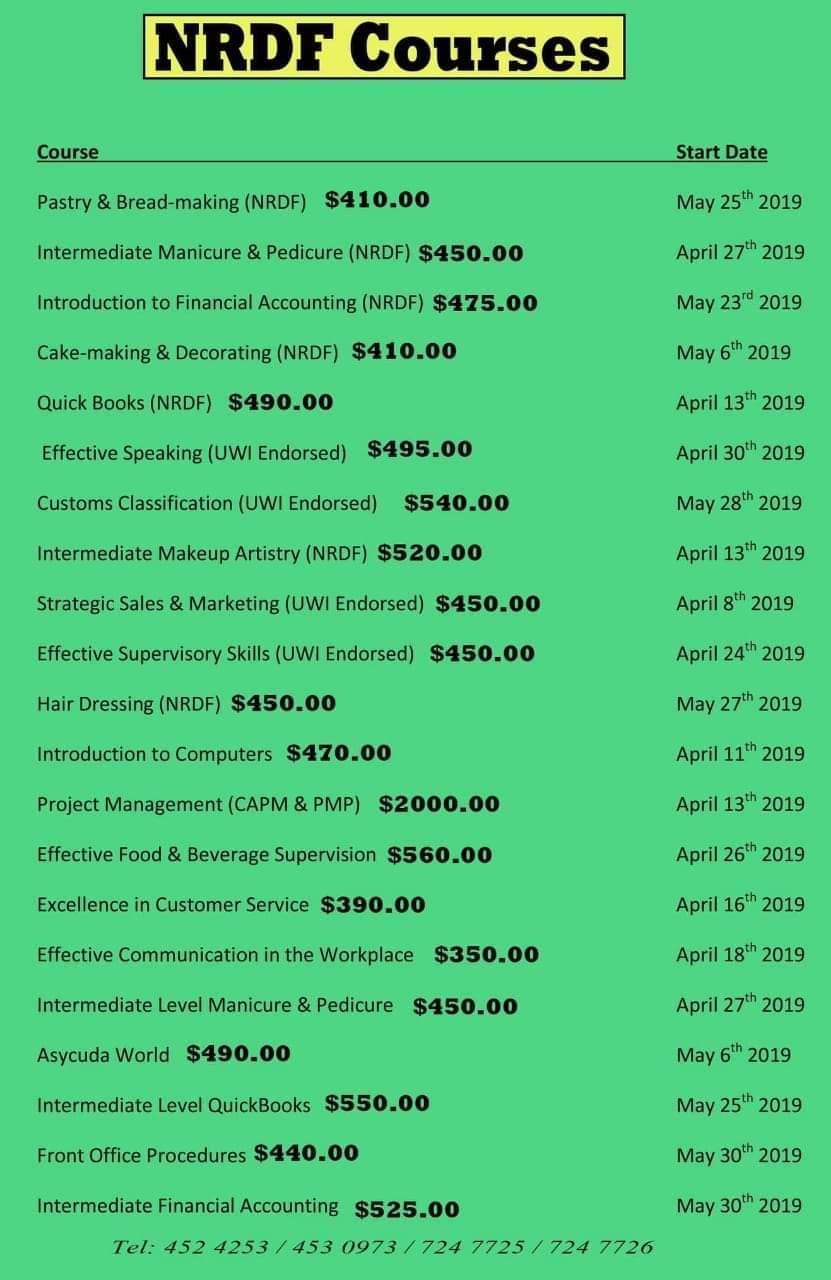
14th May 2019
The hidden world of the doctors Cuba sends overseas
[apss_share]

By BBC
Cuba has long been renowned for its medical diplomacy - thousands of its doctors work in healthcare missions around the world, earning the country billions of dollars in cash. But according to a new report, some of the doctors themselves say conditions can be nightmarish - controlled by minders, subject to a curfew and posted to extremely dangerous places, James Badcock reports.
For Dayli Coro, medicine was a calling.
"I studied medicine out of vocation. I used to sleep between three and four hours because I studied so hard. I worked hard in my first year of practice, I took on a lot of extra shifts. And now here I am. I cannot be a doctor in Cuba. It's very frustrating."
Dayli, now 31 years old, wanted to be an intensive care specialist. She says that after graduating, she was told that if she went on a medical mission to Venezuela, she would gain experience in her chosen field and that it would be count as her three years of obligatory social service, which all graduates have to complete in Cuba before gaining full-status posts.
She agreed to join what Havana calls its "internationalist missions", following a path trodden by hundreds of thousands of Cuban doctors. Since 1960, their medical work overseas has been held up by the communist government as a symbol of its solidarity with people all over the world. Fidel Castro described the medics as Cuba's "army of white coats".
As well as a source of great pride and prestige, it is also an economic lifeline for the regime. According to Cuban government figures and academic studies, the scheme earns Cuba around $8 billion per year in much-needed foreign currency.
With more than 30,000 Cuban doctors currently active in 67 countries - many in Latin America and Africa, but also European nations including Portugal and Italy - Cuba's authorities draw up strict rules in an attempt to prevent citizens defecting once abroad.
The wages on offer were another strong incentive for Dayli, who is originally from the small Cuban city of Camagüey, to join up. Going from a doctor's salary on the island of just $15 a month in 2011, she says she was paid $125 monthly for the first six months in Venezuela, a figure that rose to $250 after six months and $325 during her third year. Her family in Cuba also received a bonus of $50 a month.
According to a report by Prisoners Defenders, a Spain-based NGO that campaigns for human rights in Cuba and is linked to the Patriotic Union of Cuba (UNPACU) opposition group, doctors on average receive between 10% and 25% of the salary paid by the host countries, with the rest being kept by Cuba's authorities.
Dayli says she voluntarily signed a contract for a three-year stint, but she neither had time to read it, nor was she given a personal copy.
In October 2011, the young doctor was posted to a clinic in the Venezuelan town of El Sombrero. The placement was part of the Barrio Adentro (Inside the Neighbourhood) scheme, which has distributed Cuban doctors around disadvantaged parts of the South American country since 2003 as a symbol of Cuban support for the regime of the late President Hugo Chávez and his successor, Nicolás Maduro. Venezuela pays for this and other services by Cuban workers with oil.
Dayli says she found herself in a virtual war zone - one in which she became accustomed to having a gun pointed at her.
Venezuela was at that time in the midst of a crime rate spiral that has led to a murder rate of 92 per 100,000 inhabitants in 2016, according to the NGO Venezuelan Observatory of Violence. World Bank figures put the 2016 figure at 56 per 100,000, topped only by El Salvador and Honduras.
"There were many criminal gangs," says Dayli. "When they fought, they brought their injured to us, because the local Venezuelan hospital had a police presence, and we didn't. These kids would bring in a patient with 12 or 15 bullets in his body, point their guns at you and say you had to save him. If he died, you would die. That kind of thing happened on a daily basis. It was routine."
The gang members she treated were often just teenagers of 15 and 16, she says.
"I had one with a bullet through the heart, another with five in the head. Some would be alive but you knew that if they were not operated on in 20 minutes, they would die, and we didn't have the necessary conditions. We didn't even have basic medicine to treat patients there. There were supposed to be four intensive care doctors, and normally there was only one on shift."
These patients would often be transferred by ambulance to a general hospital 45 minutes away. Sometimes the gang members would order Dayli to get in the ambulance with them, she says.
"Once an ambulance was shot up by another gang and a Venezuelan doctor and the driver were killed," Dayli adds. "There was always the possibility that the rival gang might try to finish off the patient during the transfer. I had a situation where a rival gang came in and shot the patient dead.
"I was 24, a tiny, skinny girl. But in a place where there is so much violence, you develop an incredible emotional coldness."
The medical missions came under the spotlight following decision to withdraw Cuban doctors from Brazil in the wake of President Jair Bolsonaro's election last year. Bolsonaro questioned the qualifications of the Cuban doctors in the country and described their contractual situation as "slave labour", pointing out that they only kept 25% of the pay with the rest going to the Cuban government. In response, Cuban authorities strongly rejected the characterisation and said it was "not acceptable to question the dignity, professionalism and altruism" of its international medical staff.
[apss_share]



